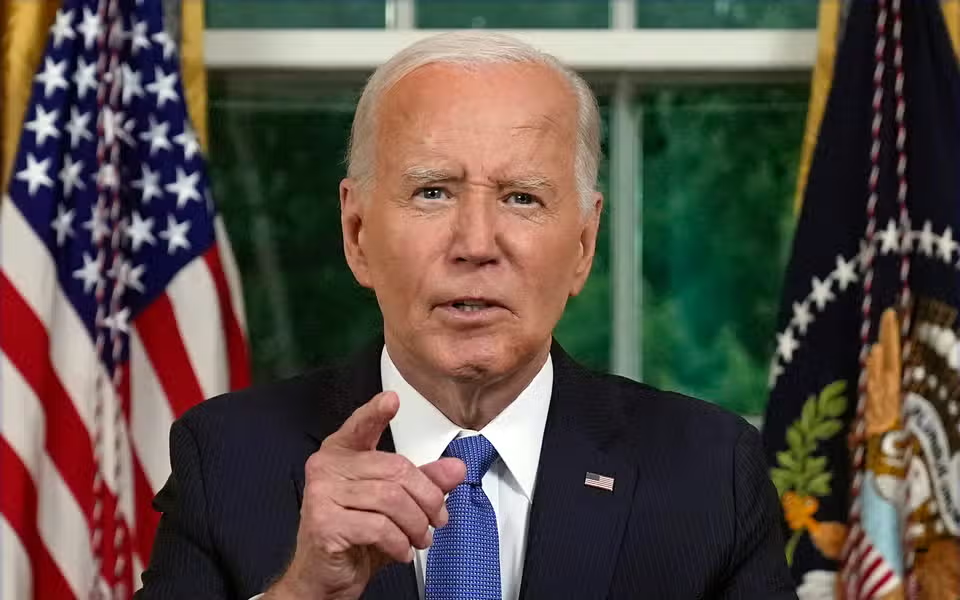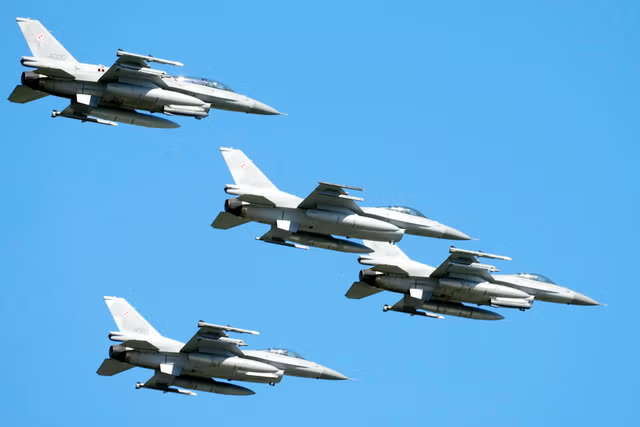U.S. defense officials say Russia is supplying China with reactor fuel as the East Asian power loads its silos with nuclear-capable intercontinental ballistic missiles (ICBMs), as it accelerates modernization of its nuclear forces.
"China's silo expansion is being fueled by Russia—literally—as Moscow supplies China with highly enriched uranium [HEU] reactor fuel, which supports the production of weapons-grade plutonium," said Vipin Narang, the acting assistant secretary of defense for space policy, at an event hosted by the Center for Strategic and International Studies.
While China is capable of producing its own HEU, it has entered into agreements with Russia, which already has decades of extensive experience with fast breeder reactors, to obtain HEU fuel for specific projects.
Under President Xi Jinping, Beijing has rapidly expanded and modernized its nuclear arsenal. While China currently possesses fewer nuclear weapons than the U.S. or Russia, the Pentagon and independent Stockholm International Peace Institute say the East Asian country could double its stockpile of 500 warheads by 2030.
China has been constructing hundreds of silos in its Western regions to house ICBMs, enhancing its rapid nuclear counterattack capabilities. "We assess that the PRC (People's Republic of China) has likely completed silo construction and has begun loading them with missiles," Narang said.
He added that the expansion and diversification of China's nuclear capabilities were unexpected developments not anticipated when the U.S. crafted its nuclear modernization program over a decade ago. These changes are likely to become "a defining feature of this new nuclear age," Narang said.
In response, the U.S. is adopting a more competitive stance in its nuclear strategy. "If our adversaries continue down their current paths, the United States—alongside our allies and partners—is ready, willing, and able to confront the challenges of a new nuclear age," Narang added.
A recent bipartisan commission's report to Congress highlighted concerns over China's establishment of a "full-fledged nuclear triad," alongside nuclear threats posed by Russia and North Korea. In light of these developments, the commission said that it is existential for the U.S. to continue modernizing its nuclear capabilities at a comparable pace.
The term "nuclear triad" refers to a three-pronged military force structure that includes land-based missiles, submarine-launched missiles, and strategic bombers. This is a structure that boosts deterrence capabilities by ensuring a second-strike capability.
The Russian and Chinese foreign ministries did not immediately respond to written requests for comment.
Concerns over the changing security environment in the region prompted U.S. top diplomat Antony Blinken and Secretary of Defense Lloyd Austin to meet with their Japanese counterparts in Tokyo earlier his week.
In a joint statement following the "two-plus-two" ministerial meeting, they expressed concern over China's expanding nuclear forces and stressed the importance of the U.S.'s "nuclear umbrella" over its ally.
Asked to respond, Chinese Foreign Ministry spokesperson Lin Jian told the press Tuesday that China poses no nuclear threat to any country "as long as they do not use or threaten to use nuclear weapons against China." He added that the country maintains a policy of "no first use" regarding nuclear weapons.
Since announcing a "no limits" partnership before Russia's February 2022 invasion of Ukraine, Beijing and Moscow have deepened military, economic, and diplomatic ties.
China's vast economy and thirst for oil and natural gas have helped prop up Russia's economy amid heavy international sanctions. Chinese censorship has actively removed criticisms of the Ukraine war from its social-media platforms.
Disclaimer: The copyright of this article belongs to the original author. Reposting this article is solely for the purpose of information dissemination and does not constitute any investment advice. If there is any infringement, please contact us immediately. We will make corrections or deletions as necessary. Thank you.




